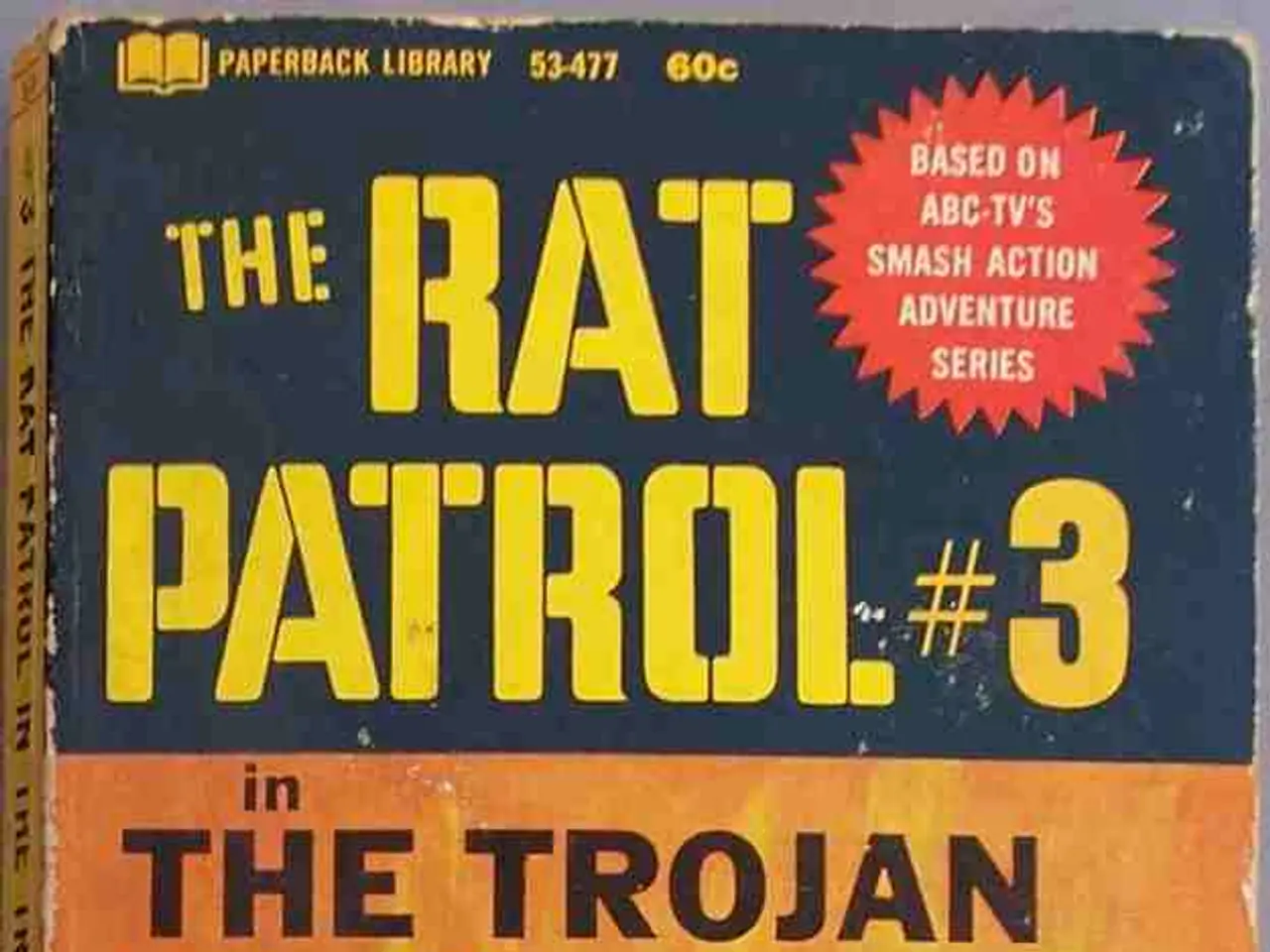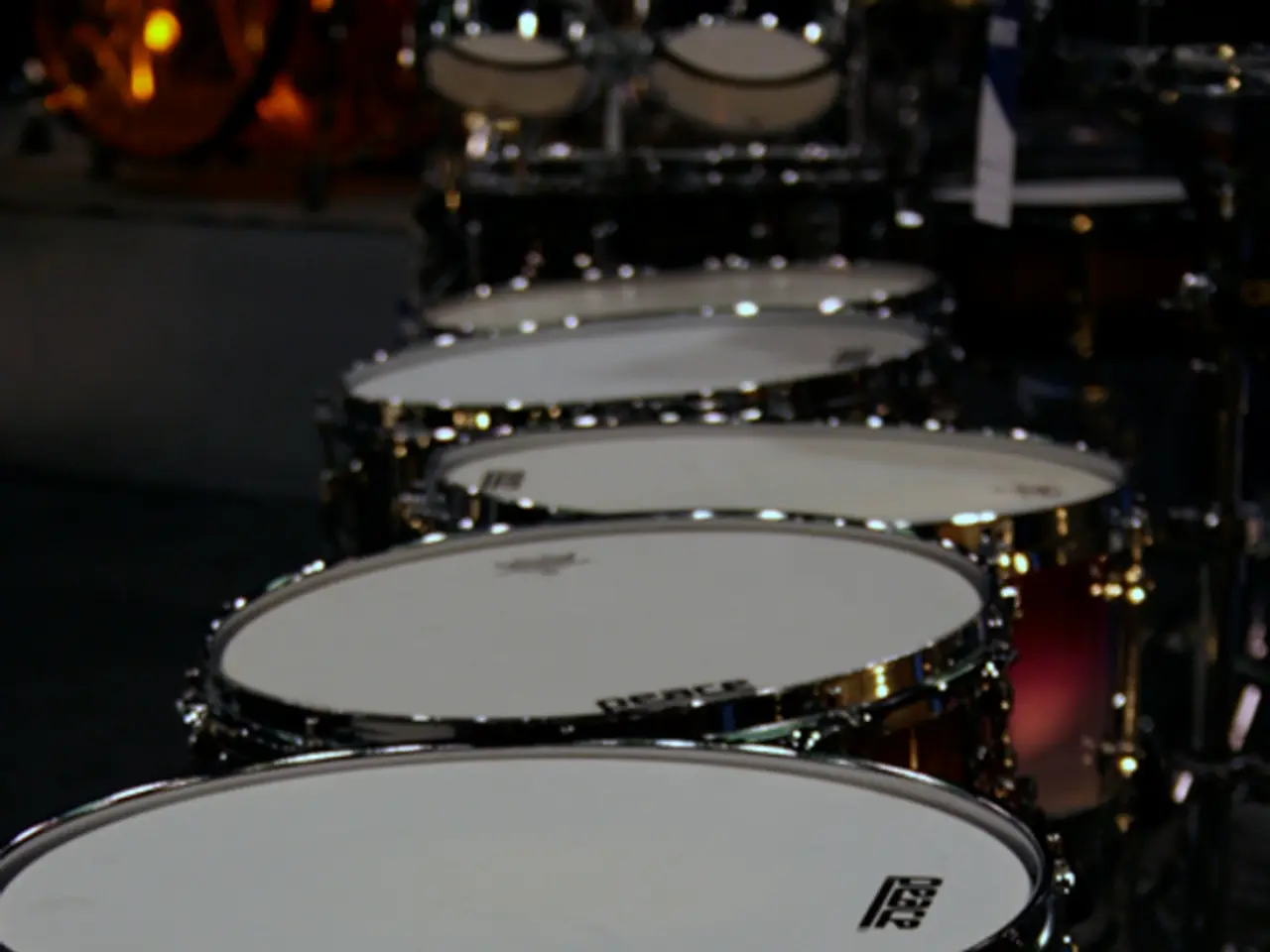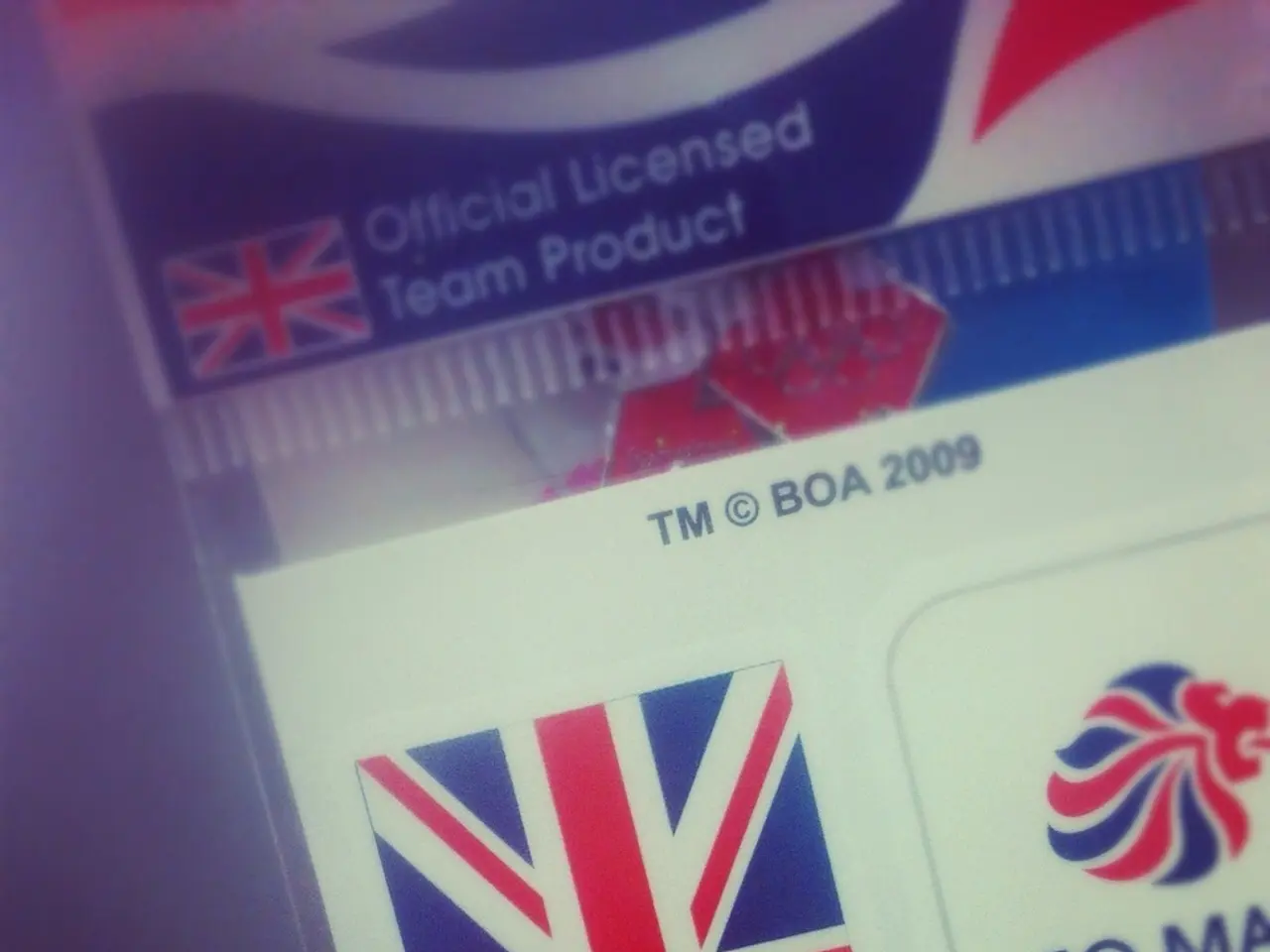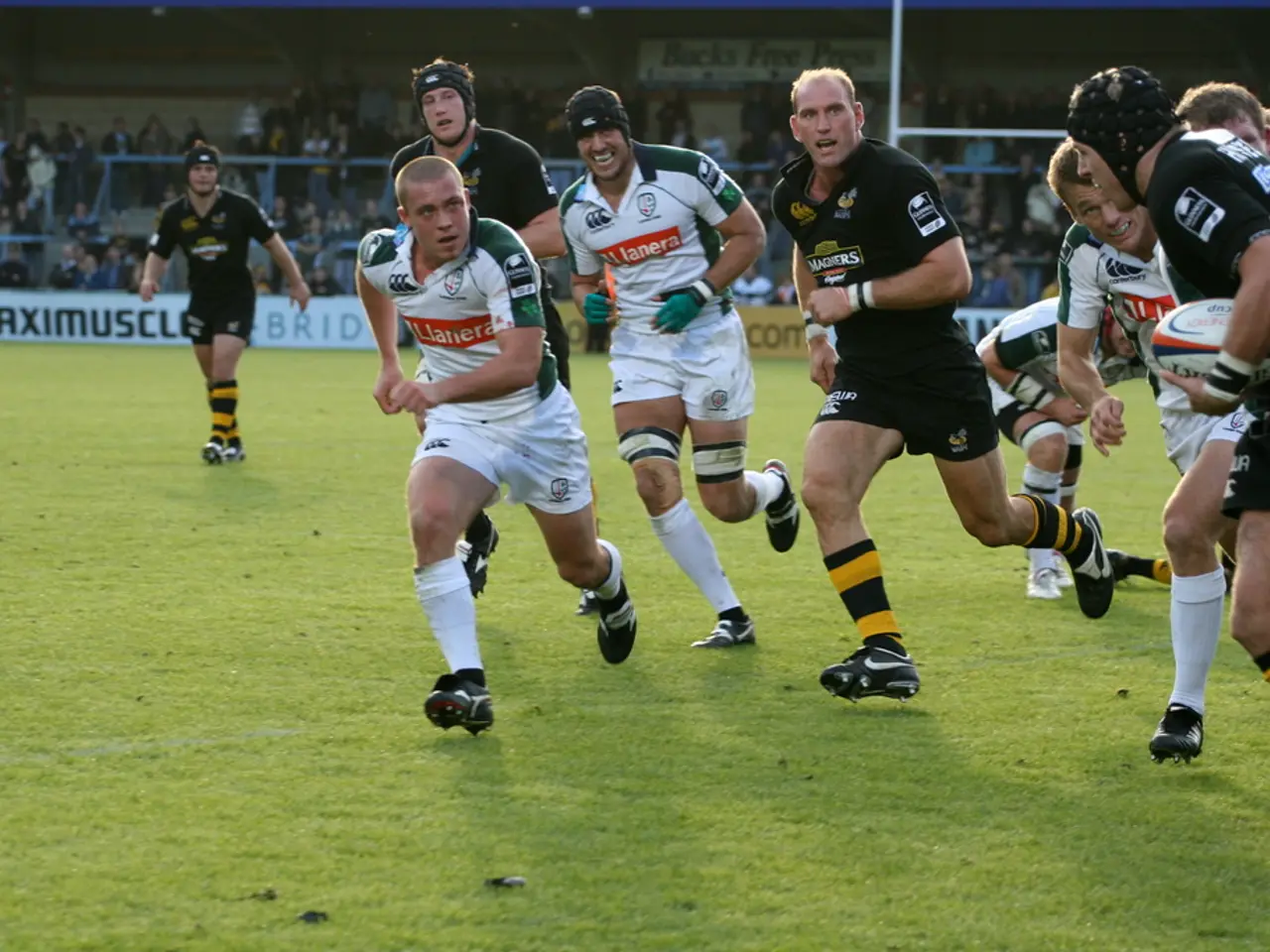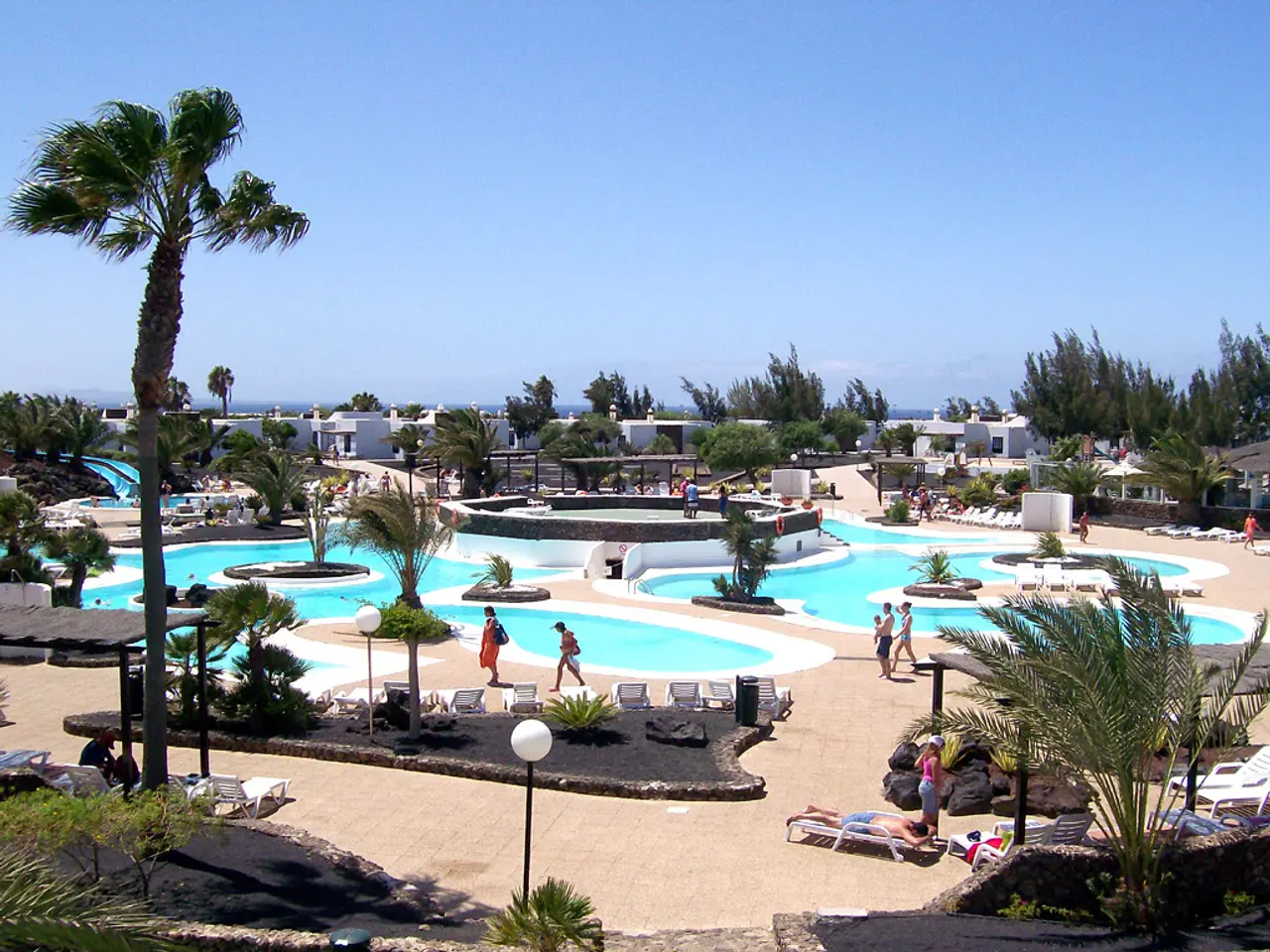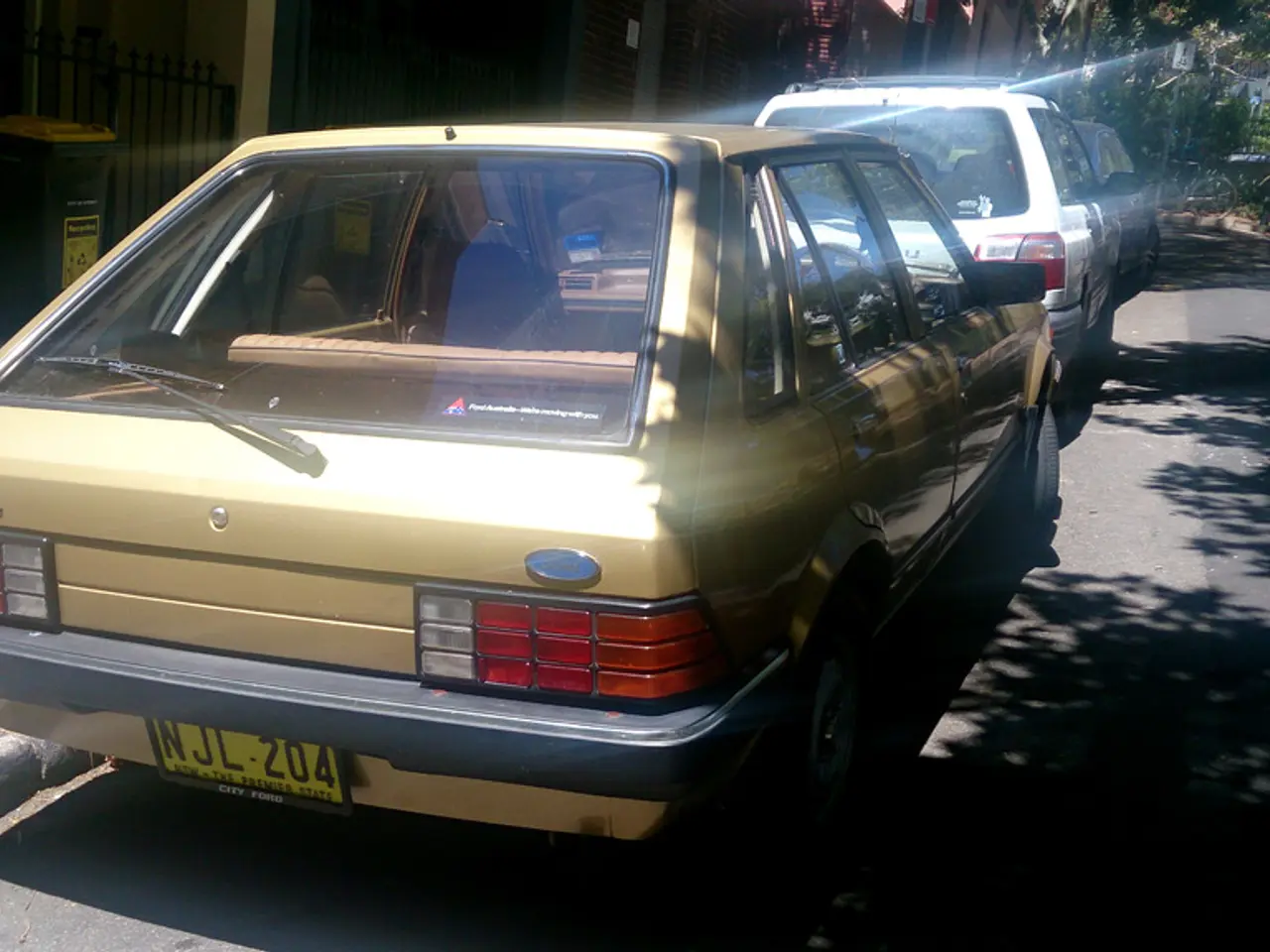A Temporary Truce in the Israel-Iran War
Israel-Iran armed conflict pause initiated - Truce in the military conflict between Israel and Iran
Let's get down to brass tacks: The Israel-Iran war, a heated conflict that's been going on for 12 days, seems to be cooling down thanks to a phased-in truce brokered by the one and only Donald J. Trump. This flash ceasefire started on the heels of a nightmare-ish Monday night for both nations.
Trump announced the agreement on his beloved Truth Social, stating that the truce was now in effect. Israel's government later confirmed their acceptance of Trump's proposal for a mutual ceasefire. In a cabinet meeting, Israeli Prime Minister Benjamin Netanyahu proudly declared that they had achieved all their objectives, and "more," according to his office.
But alas, Iran vehemently disputes that Israel has emerged victorious. They maintain that they have forced Israel to bow to their might and halt their attacks unilaterally. The Iranian army remains "on high alert," ready to respond to any renewed aggression, as declared by the National Security Council.
Before the news of the truce, Iran unleashed several rocket salvos at Israel on Tuesday morning, resulting in fatalities reported by Magen David Adom in southern Israel. After the ceasefire was announced, Israel reported another Iranian attack, with Defense Minister Israel Katz promising retaliation.
Trump seemed to take it upon himself to warn Israel against more attacks on Iran: "Israel will not attack Iran. No one will be harmed, the ceasefire is in effect," he wrote on Truth Social. However, after a phone call between Netanyahu and Trump, Israel decided against further attacks.
It seems both leaders can't resist taking credit for their countries' victories. In a phone call with Malaysian Prime Minister Anwar Ibrahim, Iranian President Massoud Peseschkian declared that if the Zionist regime abides by the ceasefire, neither will Iran.
With the ceasefire in place, Iran appears to be in a conciliatory mood. Peseschkian expressed his willingness to return to the negotiating table, stating that his country doesn't seek nuclear weapons but will continue to assert its "legitimate rights" to peaceful nuclear energy. Iran is "ready to resolve the issues... through negotiations," according to the official news agency Irna.
The international community is breathing a collective sigh of relief, with German Chancellor Friedrich Merz (CDU) and European Commission President Ursula von der Leyen expressing hope that the ceasefire could lead to a safer Middle East and the world. Even China's Foreign Minister Wang Yi pledged his support for a "true ceasefire" and urged Iran to rebuild in peace.
The reconstruction process has already begun in Tehran, with extensive work underway to repair residential areas, scientific centers, research institutes, and healthcare facilities after 12 days of conflict. The U.S. intervened overnight on Sunday, attacking Iranian nuclear facilities in Fordo, Natanz, and Isfahan, while Iran retaliated by targeting the U.S. airbase Al-Udeid in Qatar.
Israel justified its attack on Iran by citing its advanced nuclear program, a claim Iran vehemently denies. Despite the attacks, Iran asserts they will continue their nuclear program. An advisor to Iran's supreme leader, Ayatollah Ali Khamenei, declared that Iran still possesses enriched uranium stocks and that "the game is not over."
- Iran
- Israel
- Ceasefire
- Donald Trump
- Announcement
- U.S. President
- Tehran
- Benjamin Netanyahu
- Magen David Adom
Insights:- The ceasefire came into effect after Israel and Iran were engaged in a 12-day conflict marked by attacks on nuclear facilities and missile attacks.- The truce was brokered by U.S. President Donald Trump, despite initial silence from both Israeli and Iranian officials.- Commercial flights resumed at Ben Gurion International Airport, and shops and restaurants reopened in Israel following the ceasefire.- Iran characterizes the attack on Al Udeid Air Base in Qatar as a retaliation for U.S. strikes on Iranian nuclear facilities. No casualties or significant damage were reported.- Confidential U.S. military intelligence assessments suggest the setback to Iran's nuclear capability is measured in months rather than years or decades.
- Following Donald Trump's announcement, a ceasefire entered between Israel and Iran, moderating the intense 12-day war between these two nations.
- As the ceasefire is in force, Iran's President Massoud Peseschkian, in a conversation with the Malaysian Prime Minister, indicated his readiness to rejoin nuclear negotiations with the international community, asserting his country's peaceful intentions, while also maintaining its right to nuclear energy.
